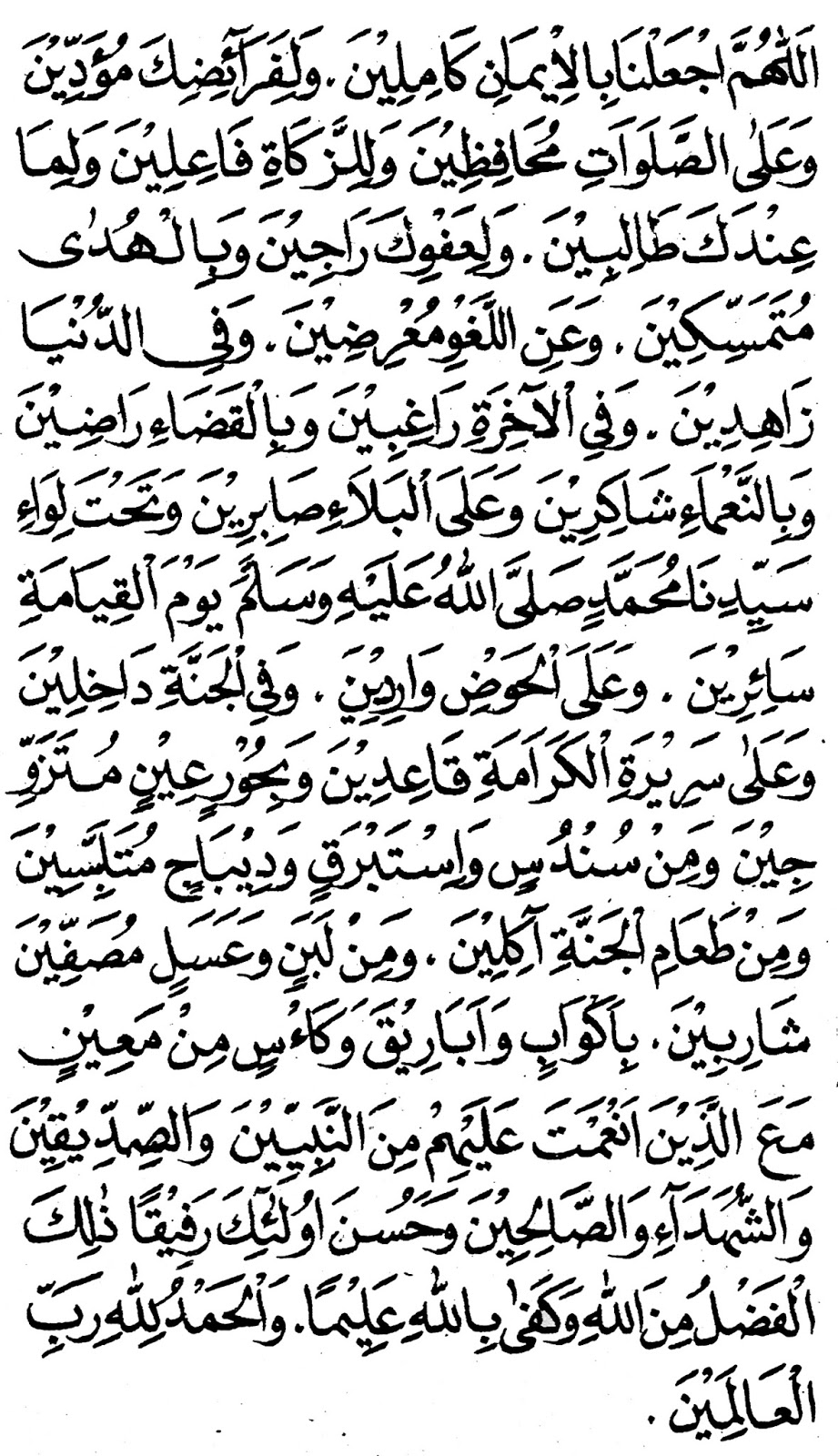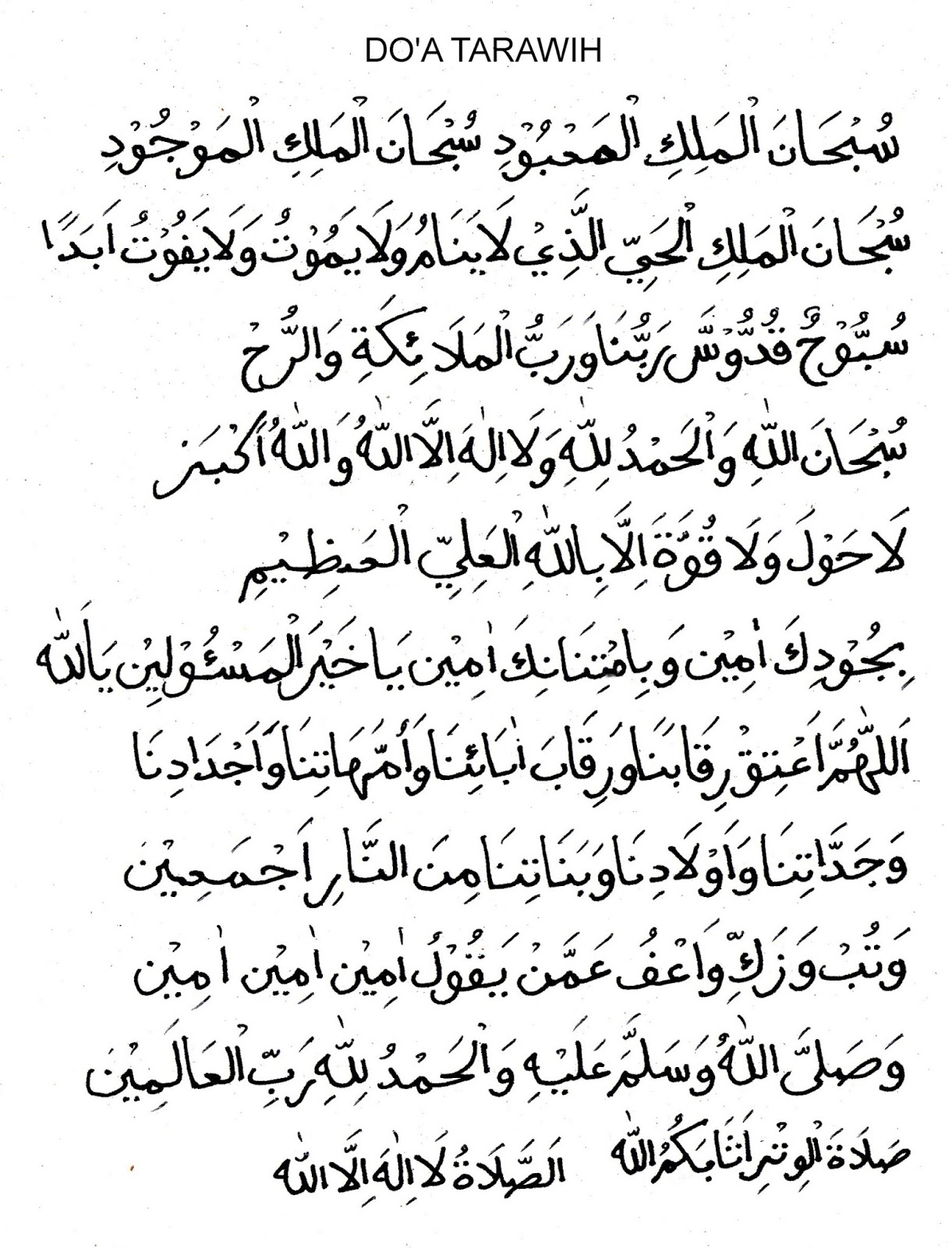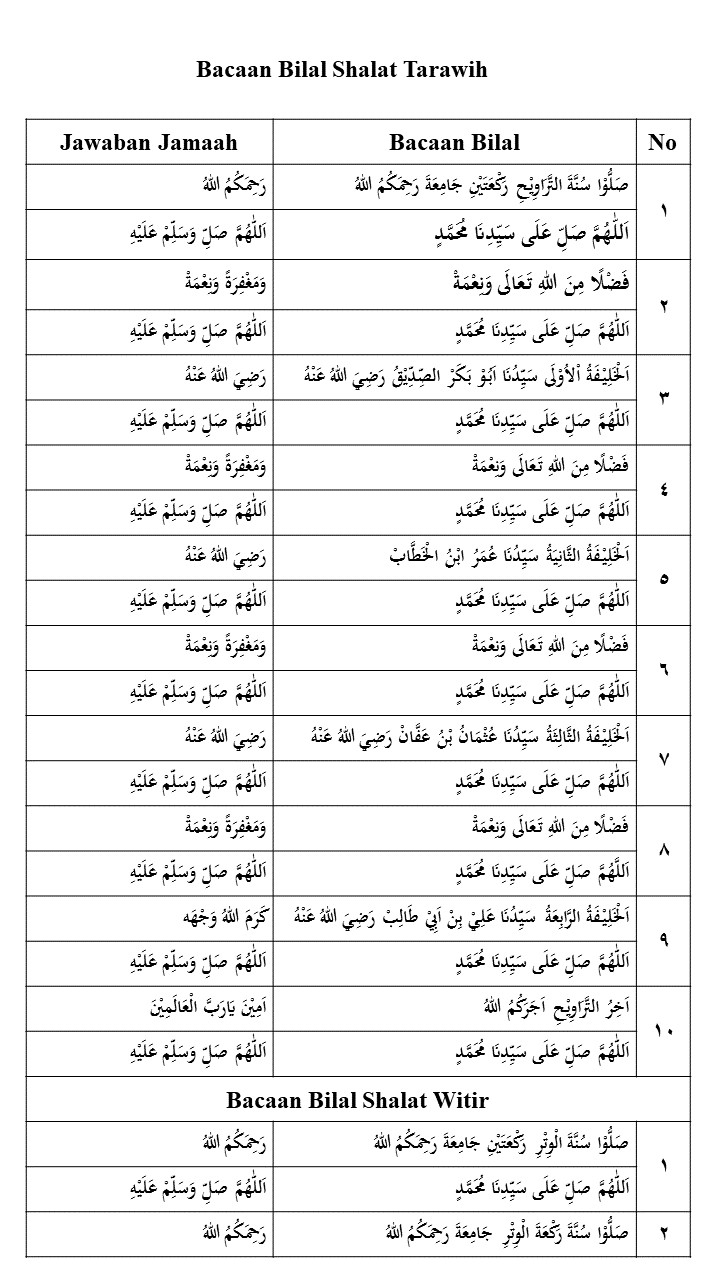Finding Tranquility: Exploring the Beauty of Tarawih Prayers
The air hums with anticipation as the sun dips below the horizon, painting the sky in hues of orange and purple. It's a familiar scene during Ramadan, a time marked by reflection, community, and spiritual growth. As the last sliver of daylight fades, a hush falls over the gathering, a palpable sense of reverence filling the air. This is the moment when Muslims around the world embark on a special journey of prayer – the Tarawih.
Tarawih prayers, offered every night during the holy month of Ramadan, are a unique expression of devotion and a testament to the strength of faith. They are a time for quiet contemplation, for seeking forgiveness and guidance, and for drawing closer to the divine. Unlike the five daily prayers, Tarawih prayers are not obligatory, yet their allure lies in their voluntary nature – a beautiful demonstration of love and dedication to a higher power.
The gentle rhythm of standing, bowing, and prostrating creates a mesmerizing flow, a physical manifestation of surrendering to something greater than oneself. Each movement, each whispered word, carries the weight of centuries of tradition, connecting individuals to a long lineage of faith.
But the beauty of Tarawih extends beyond the individual experience. It spills over into the collective, fostering a spirit of unity and shared purpose. Mosques, adorned with twinkling lights, become beacons of community, drawing people together in prayer and reflection. The soft murmur of recited verses creates an atmosphere of tranquility, a shared sanctuary amidst the bustling world outside.
Whether you are a seasoned observer of Ramadan or new to the faith, the Tarawih prayers offer a unique opportunity for spiritual exploration. They are a testament to the enduring power of faith and a reminder of the beauty that can be found in collective worship and quiet contemplation.
While there are no strict rules on the specific verses recited during Tarawih, certain chapters of the Quran, such as Surah Al-Ikhlas, known for its emphasis on the oneness of God, are often favored for their brevity and profound message. The recitation style can also vary, with some preferring a slower, more melodic pace that allows for deeper reflection on the meaning of the words.
The beauty of Tarawih lies in its adaptability. While the core essence of prayer remains constant, individuals are encouraged to approach it with a personal touch, reciting verses that resonate with them on a deeper level. This personalized approach makes the experience even more meaningful, fostering a stronger connection between the individual and the divine.
The benefits of participating in Tarawih prayers extend beyond the spiritual realm. The act of standing, bowing, and prostrating for an extended period can be physically demanding, serving as a form of gentle exercise. The focus required during prayer can also help to calm the mind and alleviate stress, promoting a sense of inner peace and well-being.
For many, Tarawih is a time for self-reflection and spiritual renewal. The extended prayers offer an opportunity to look inward, to examine one's thoughts and actions, and to seek forgiveness for any shortcomings. This process of introspection can be incredibly cathartic, allowing individuals to approach the remaining days of Ramadan with a renewed sense of purpose and a lighter heart.
While the specific rituals and practices may vary across different cultures and communities, the essence of Tarawih remains universal: a time for spiritual connection, reflection, and renewal. Whether performed in grand mosques or the quiet corners of homes, these prayers offer a powerful testament to the enduring strength of faith and the beauty of seeking solace in something greater than oneself.
Decoding words default font size matters
Unlock your productivity the power of the calendario anual por semanas
Unlocking the shine your guide to metallic white auto paint














